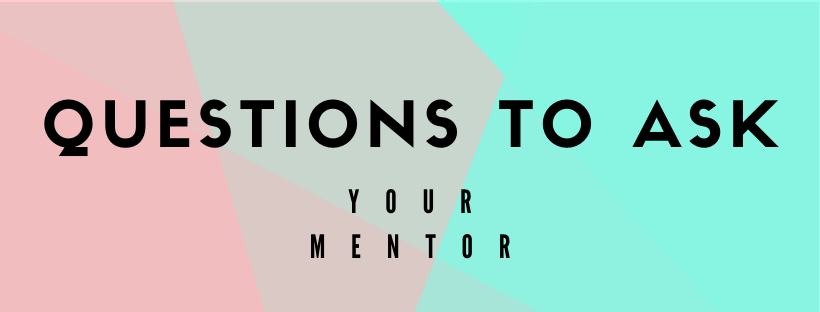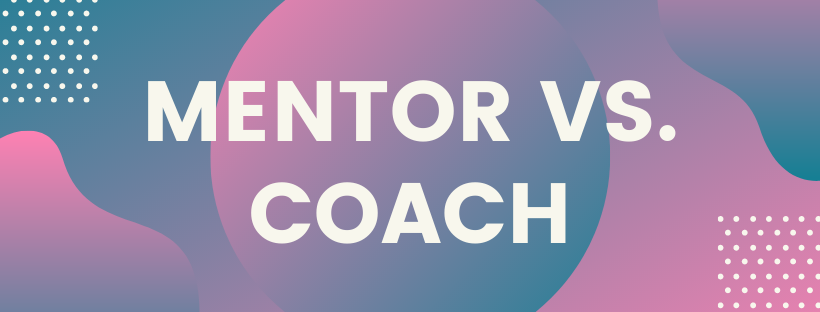| January 30, 2020 |


Cane2Cane
Cane2Cane is a community coordinated by UM’s Toppel Career Center. Students are able to gain networking contacts by connecting with alumni! With this new career mentorship platform, alumni serve as mentors who share their experiences as well as provide tips for career development. Cane2Cane also offers resources to help budding professionals as well as a forum for users to discuss how they have navigated their own personal development.
|

|

|
How to Find a Mentor
Mentorship plays a major role in career development. Mentors provide valuable guidance and open up doors to opportunities that help push you along your career path. However, building this special relationship with someone can be difficult and oftentimes, it’s hard to figure out where to even begin. The following two articles share helpful tips on how to find a mentor and provide resources as to where to start.
|
|

|

|
Identity-Based Mentorship
As you continue your journey here at the U, don’t feel like you have to do it alone. There are many people rooting for you and wanting to guide you along the way. Find a mentor on campus! Whether you find them in a student organization, campus resource, or from our office through Cane2Cane or UShadow, you can find someone who will be on your side. As you begin to search for a mentor, one piece of advice is to make sure you know what you hope to gain from this relationship. Mentoring is a relationship, so you should consider what both of you can give and gain!
|
Tips for MenteesMentorships work both ways. It’s important to find a mentor who is a good fit for you and your goals, but being a good mentee is just as critical. Below are a few tips you can follow in order to hold up your end of the mentorship:
|

|
The Business of Healthcare Conference |
Mentorship Resources |
Questions to ask
|
Mentoring vs. Coaching |
||

Take advantage of this opportunity to network and find a mentor on Friday, March 27, 2020! As the 2020 U.S. presidential election approaches, awareness is growing around the social determinants of health and the impact of politics and economics on the provision of care. This topic is not unique to the United States; it is being debated in countries worldwide. To illuminate the many perspectives on this timely and often highly charged issue, The Miami Herbert Business School’s ninth annual health care industry impact conference will focus on “The Business of Health Care: The Social, Political & Economic Determinants of Health.” The conference will bring together business and government leaders across the domestic and global healthcare sector to analyze challenges, brainstorm ideas and propose solutions to one of the most critical socio-political and economic issues of our time. For general information, please send an email to healthcare@bus.miami.edu To register, click here. |

There are a number of mentorship resources to explore whether you’re looking for a mentor or want to become one yourself! For instance, you can reach out and connect with individuals online on websites such as LinkedIn and Find a Mentor. You can also take advantage of student organizations and several programs within the University that provide mentorship opportunities. Some examples include: - The Miami Herbert Business School Mentor Program - Empower Me First - Health Professions Mentoring Program - Big Brothers Big Sisters - CaneBuddy - Cane2Cane |

Once you have identified a mentor, it’s important to align your goals with questions that will help you achieve them. Below are a few examples of questions to ask your mentor:
|
People often confuse mentoring with coaching. It’s important to note the differences among them in order to identify an individual who can best assist with your career needs. Mentoring usually occurs early on in your career. A more-experienced individual usually shares their knowledge and insight with a less-experienced learner.
|
|
|
|
|
|
|
|
|
|
|

|
|
|
|

|
|
|
EXPLORE
CAREER OPTIONS |
RESUMES AND
LETTERS |
INTERVIEW
PREP |
JOB
SEARCHING |
EVENTS
|
To unsubscribe, click here.
